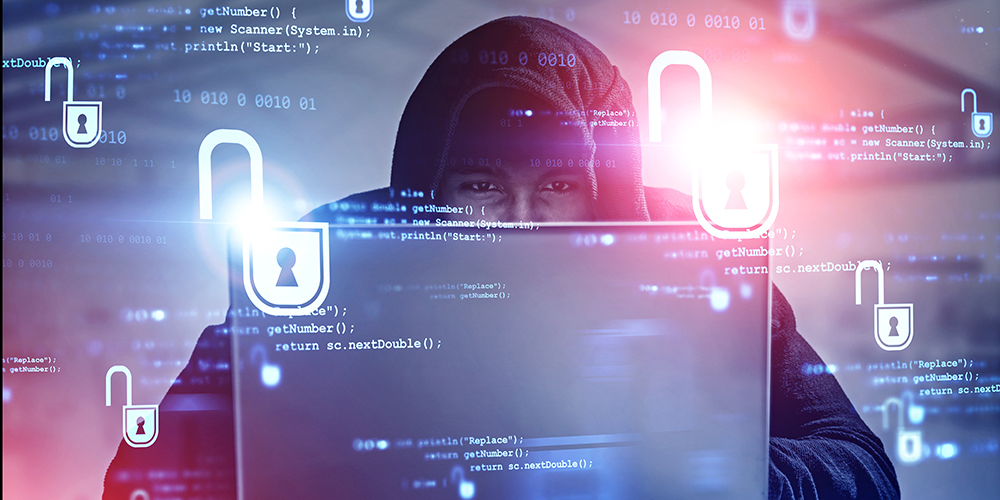In these unprecedented times, we spend more time than ever on various devices, using them both for work and recreation. As in other difficult times, heroes rise to the occasion. However, so do bad actors, seeking to take advantage of the situation. Read on to learn more about protecting yourself from cyber attacks.
Hazards to Watch For
Cyberattacks are on the rise these days, with bad actors looking to take advantage of the situation, playing both on people’s fears, and their desire to help others. As ever, though, we can protect ourselves using tools along with caution and common sense. Social engineering schemes, including phishing attacks, are used to gain confidential information from unwitting victims or to install malware on their devices. For instance, a person might receive emails that look like ones from credible organizations, and these emails capitalize on fears of COVID-19. Cybercriminals might use “spoofing” as a tactic, making an email seem like it’s from someone you know. It might contain an urgent appeal to buy items for a relative because the “sender” is in quarantine. Other possibilities are ads for items like masks or stories about vaccines and cures for COVID-19.
Keep Your Network and Your Employees Secure
Many businesses now have employees working remotely, accessing the business’ computer network. The first tool that can help keep the network secure is a virtual private network (VPN) that workers can use to safely access files and applications. Other tools that should be part of the arsenal are current antivirus and anti-malware definitions. Remind workers of common-sense precautions like not clicking on links or attachments. If they receive a strange email that appears to be from a supervisor or coworker, they can call to find out if the email is genuine. If it isn’t, they need to report and delete the email. They can point the mouse arrow over the URL to see if that looks suspicious, and refrain from responding to the email. Just being aware that cyber attacks are on the rise can help workers keep their guard up. An option to test workers’ knowledge of phishing attacks is staging a mock attack to learn which people respond, and in what way.
A great writer said that people need to be reminded rather than instructed, and this can apply to cybersecurity. To learn more about how to keep your network and your employees safe, contact your trusted technology advisor today.

